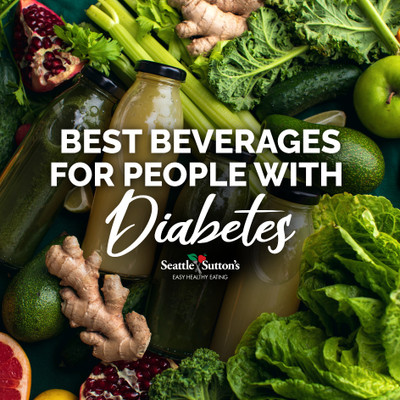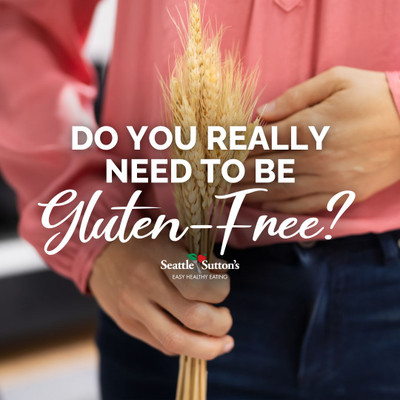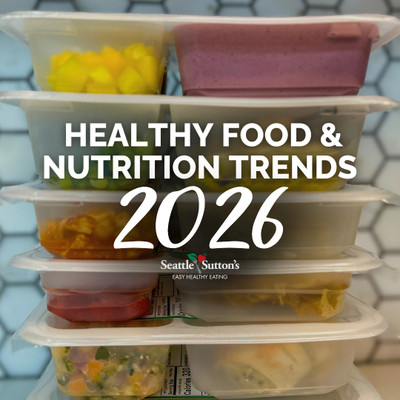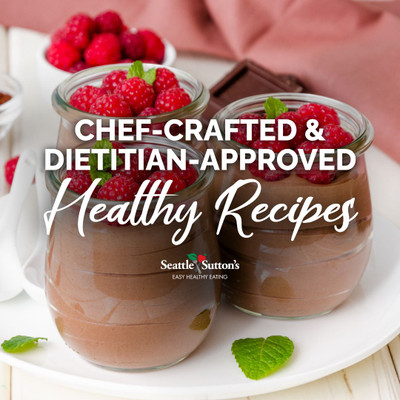Earlier this week, the World Health Organization (WHO) announced it is targeting trans fats and making it a priority to eliminate it from the world’s food supply by 2023.
This effort is being implemented in six strategic actions called REPLACE in large part of a global effort to fight cardiovascular disease thus eradicating it from the world’s food.
REPLACE stands for review dietary sources, promote use of healthier fats, legislation, assess changes, create awareness and enforce.
What are trans fats you ask? And, why should I care?
Artificial trans fats or trans fatty acids, are made when vegetable oil hardens in a process called hydrogenation. Those fats are used in fried foods, snack foods and baked goods typically, and in products such as vegetable shortening, stick margarine, coffee creamer and ready-to-use frostings. They don’t spoil as quickly as other fats and have been found to have harmful health effects, such as raising “bad” cholesterol or LDL levels and increasing risk of heart disease, stroke and type 2 diabetes. And, they are often cheaper than other sources of fat too. So food manufacturers have flocked to using it over the years.
Basically, it’s ugly stuff. Public health enemy #1. Something one should avoid for optimal health. Nothing good can come from consuming it and I don’t recommend consuming it. In case you were wondering, SSHE meals do not contain artery clogging trans fats in our freshly prepared meals.
In fact, WHO estimates that trans fats contribute to the deaths of more than 500,000 people annually who have cardiovascular disease.
With WHO taking the lead at helping countries around the globe rid it from its food, and putting an emphasis on it in the name of public health I image we will see it gone from our food in 10 or 20 years down the road. It’s a good thing. It was created as a cheaper source of fat to enhance foods and has become a mainstay in packaged foods since its proliferation.
The only way to get it off the market is for customers – like you -- to not buy it and not consume it. It also doesn’t hurt to voice your opinions to food manufacturers about it and demand foods made without it. You and your health deserve better.
Start Your Healthy Journey Today!
Order NowFind More By Category







 Weight Loss
Weight Loss Health & Wellness
Health & Wellness Diabetes
Diabetes Heart Health
Heart Health Motherhood & Family
Motherhood & Family Dietary Restriction
Dietary Restriction Other Health Conditions
Other Health Conditions About SSHE
About SSHE


